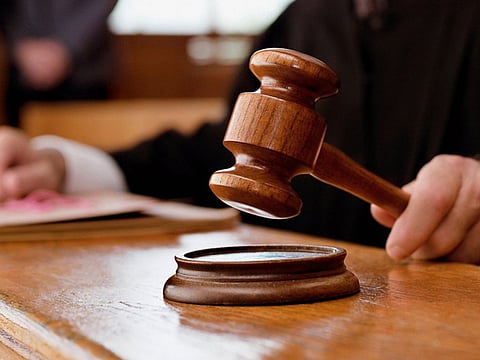

A federal judge in Georgia has granted Temporary Restraining Orders (TROs) reinstating the Student and Exchange Visitor Information System (SEVIS) records for 133 international students, most of whom are from India.
These students challenged cancellations of their visas by the United States Department of State (DOS) and Immigration and Customs Enforcement (ICE), arguing the measures were arbitrary and left them without legal status, as India Today reports.
The revocations stem from Secretary of State Marco Rubio’s “Catch and Revoke” programme, which employs artificial intelligence (AI) tools — reviewing social media among other data — to screen visa holders.
Rubio has indicated that over 300 student visas were cancelled under this initiative. However, immigration lawyers contend that many were penalised for trivial matters rather than serious offences.
According to a report by the American Immigration Lawyers Association (AILA), ICE has terminated 4,736 SEVIS records since January 20, 2025. AILA obtained detailed information on 327 of these cases, revealing that roughly 50% involved Indian nationals holding F-1 visas.
Other nationalities affected included Chinese, Nepali, South Korean and Bangladeshi students.
Most Indian students impacted were on Optional Practical Training (OPT), a temporary work authorisation for graduates, especially those in STEM (Science, Technology, Engineering, and Mathematics) subjects, lasting up to 36 months and often serving as a pathway to an H-1B work visa. Loss of OPT status jeopardises both their current employment and future visa prospects.
The AILA report highlights instances where visa cancellations arose from minor legal issues: traffic tickets, breaches of university regulations or even being listed as a domestic violence victim. Political activity featured in only two of the 327 cases reviewed.
Attorneys have criticised the lack of clear guidelines in revocation letters issued by DOS or ICE. “Protesting is not illegal in the US,” one lawyer noted, warning that vague allegations could strip students of everything.
While the Georgia court’s order offers immediate respite, as India Today notes, the long-term outcome for these students remains uncertain.
